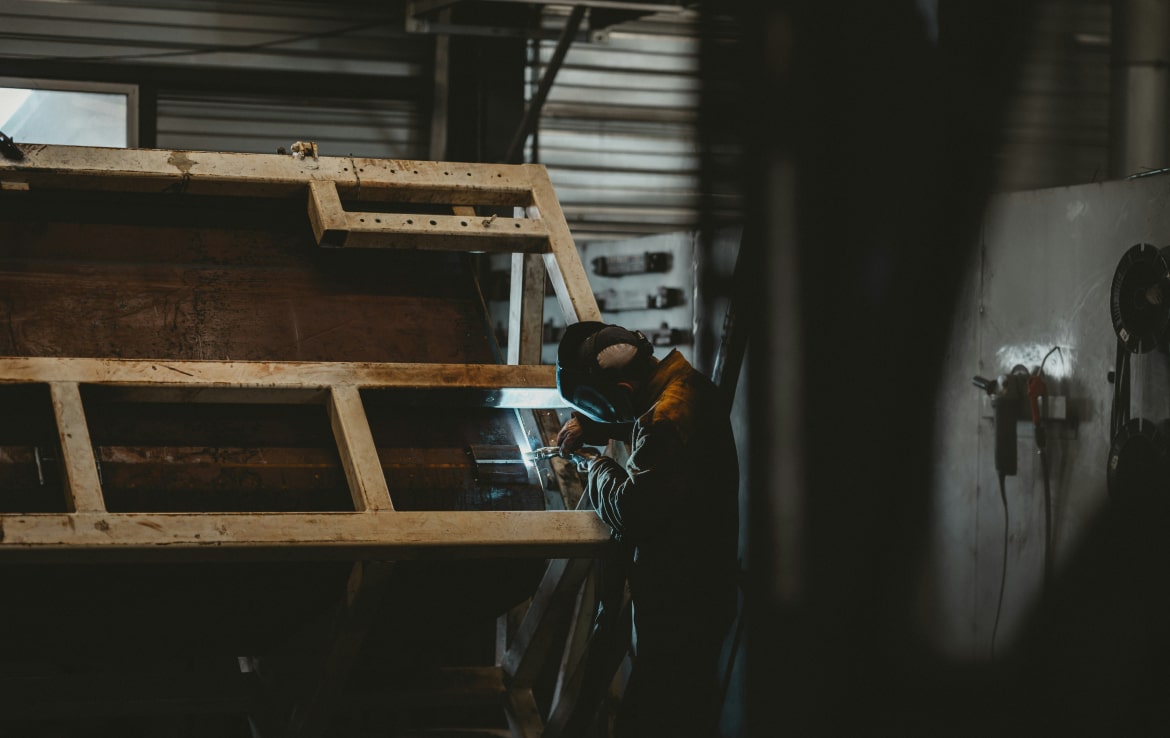Manufacturing Dispute Resolution in Vietnam
Vietnam’s manufacturing sector has evolved into a critical component of the global supply chain, attracting both multinational corporations and growing domestic enterprises. With this growth has come complexity and with complexity, the inevitable rise of disputes. These conflicts, often rooted in contract breaches, quality failures, or delayed performance, can have serious operational and financial consequences.
For foreign companies, cultural and legal differences can compound the challenge. For Vietnamese manufacturers, navigating disagreements with overseas partners or larger buyers can also pose significant risks. In a competitive market where delivery schedules and brand reputations are on the line, unresolved disputes can disrupt entire production cycles and damage long-term business relationships.
Understanding the full spectrum of dispute resolution options—both formal and informal—is not just a matter of legal preparedness, but a strategic imperative. Knowing how to act swiftly, select the right forum, and enforce outcomes can significantly improve your leverage and protect your commercial interests.
This article explores the main pathways to resolve manufacturing disputes in Vietnam and offers guidance on when and how to use them.
Common Types of Manufacturing Disputes in Vietnam
Manufacturing disputes can take many forms, particularly in cross-border or contract manufacturing arrangements. Some of the most common include:
- Late or non-delivery of goods
- Defective or non-conforming products
- Breach of supply contracts or quality control terms
- Failure to meet production schedules or minimum order quantities (MOQs)
- Payment delays or non-payment for delivered goods
- Unauthorized subcontracting or disclosure of trade secrets
These disputes may arise between Vietnamese manufacturers and foreign clients, or among domestic partners along the supply chain.
Negotiation and Internal Escalation
Before escalating a manufacturing dispute to legal proceedings, businesses are encouraged to attempt direct negotiation or internal escalation processes.
This step typically involves senior management, legal teams, or cross-border coordinators attempting to resolve the issue informally. Negotiation offers a fast, low-cost, and business-preserving option that keeps the matter confidential.
However, this method is only effective when both parties act in good faith and the underlying dispute does not involve serious legal breaches or significant financial damage.
Mediation in Vietnam’s Manufacturing Sector
Mediation is increasingly recognized in Vietnam as a flexible, voluntary method for resolving manufacturing disputes. In this process, a neutral third-party mediator helps the parties reach a mutually acceptable agreement.
Vietnamese courts now encourage mediation before litigation, and many manufacturing contracts include mediation as a preliminary step in their dispute resolution clauses. Advantages of mediation include confidentiality, speed, and the ability to preserve commercial relationships.
Successful mediation often depends on choosing a mediator with industry-specific expertise and understanding of local commercial practices.
Arbitration for Cross-Border Manufacturing Contracts
Many manufacturing contracts in Vietnam include an arbitration clause, especially where one party is foreign. Arbitration allows disputes to be resolved outside the court system by a panel of arbitrators.
The Vietnam International Arbitration Centre (VIAC) is the most recognized arbitration institution in Vietnam and is widely respected by both domestic and international companies.
Benefits of arbitration include:
- Enforceability of awards both in Vietnam and internationally
- Neutrality, especially in foreign-local disputes
- Expertise of arbitrators in technical or commercial matters
- Confidentiality and faster procedures compared to court litigation
However, arbitration can be costly, the fact that arbitral awards are final, with only narrow procedural grounds for annulment.
Litigation in Vietnamese Courts
If negotiation, mediation, or arbitration fail or are not applicable, parties may pursue litigation through Vietnam’s court system. The People’s Courts in Vietnam have jurisdiction over civil and commercial disputes, including those involving manufacturers.
Litigation may be necessary in cases involving:
- Breach of contract where no arbitration clause exists
- Allegations of fraud or criminal conduct (e.g., counterfeiting or trade secret theft)
- Complex disputes requiring injunctions or urgent relief
While court proceedings are typically slower and less private than arbitration, they offer the benefit of legal finality and are often necessary when enforcement is a concern.
Enforcing Judgments and Arbitration Awards
Whether you obtain a decision through court or arbitration, enforcement is a critical step in resolving manufacturing disputes.
- Court judgments in Vietnam can be enforced through civil judgment enforcement authorities.
- Arbitral awards from VIAC or foreign arbitration centers are enforceable in Vietnam through a court recognition process, subject to limited procedural conditions.
- For foreign companies, ensuring that assets are located in Vietnam and freezing orders are considered early in the dispute can greatly aid recovery.
A local enforcement strategy should be built into your dispute plan from the beginning, especially in high-value manufacturing claims.
Handling Disputes with Vietnamese Contract Manufacturers
Many international buyers partner with Vietnamese OEM (Original Equipment Manufacturer) or ODM (Original Design Manufacturer) firms. While these relationships can offer significant advantages in cost and scalability, they also pose unique risks when performance fails to meet expectations.
Common issues include late shipments, unauthorized changes to designs or materials, and refusal to follow agreed production specs. In some cases, contract manufacturers may subcontract production without approval, compromising quality and timelines.
When these issues arise, companies should:
- Review the manufacturing agreement to determine breach terms and remedies
- Send formal written notices to document disputes and establish legal grounds
- Consider third-party inspection reports or product testing to verify quality breaches
- Initiate legal proceedings or arbitration if the manufacturer fails to remedy the issue promptly
Having a dispute resolution clause that allows swift escalation to mediation or arbitration is critical in these scenarios, particularly when working across language and jurisdictional barriers.
Related article: What to Do If a Manufacturer Breaches a Contract in Vietnam
Drafting Effective Manufacturing Contracts to Avoid Disputes
One of the most effective ways to manage dispute risk is to plan ahead with clear and enforceable contract terms. Manufacturing agreements should include:
- A well-defined dispute resolution clause (e.g., mediation followed by arbitration)
- Governing law and jurisdiction selection
- Clauses on evidence, inspection rights, and breach consequences
- Language and translation terms for bilingual contracts
Having strong contracts tailored to Vietnam’s legal environment helps reduce ambiguity and strengthens your position in any dispute.
Conclusion:
Manufacturing disputes are a reality of doing business in Vietnam’s dynamic and competitive market. But with careful planning, strong contracts, and a clear understanding of your legal options, these disputes can be resolved efficiently without compromising your commercial interests.
Whether you’re a foreign investor sourcing from Vietnam or a domestic manufacturer working with partners and suppliers, the right dispute resolution strategy can make the difference between disruption and continued growth.
Le & Tran is recognized as a leader in Vietnam’s legal landscape, earning praise from top legal publications like Chambers, Legal500, and Benchmark Litigation, as well as being highly recommended by AmCham Vietnam and the US Consulate. Our top-ranked Litigation Lawyers are known for delivering practical and strategic solutions that protect your rights and interests. Whether navigating complex disputes or resolving sensitive legal challenges, we’re here to guide you every step of the way with precision and professionalism. For professional support in manufacturing dispute resolution in Vietnam, contact us at info@letranlaw.com.








